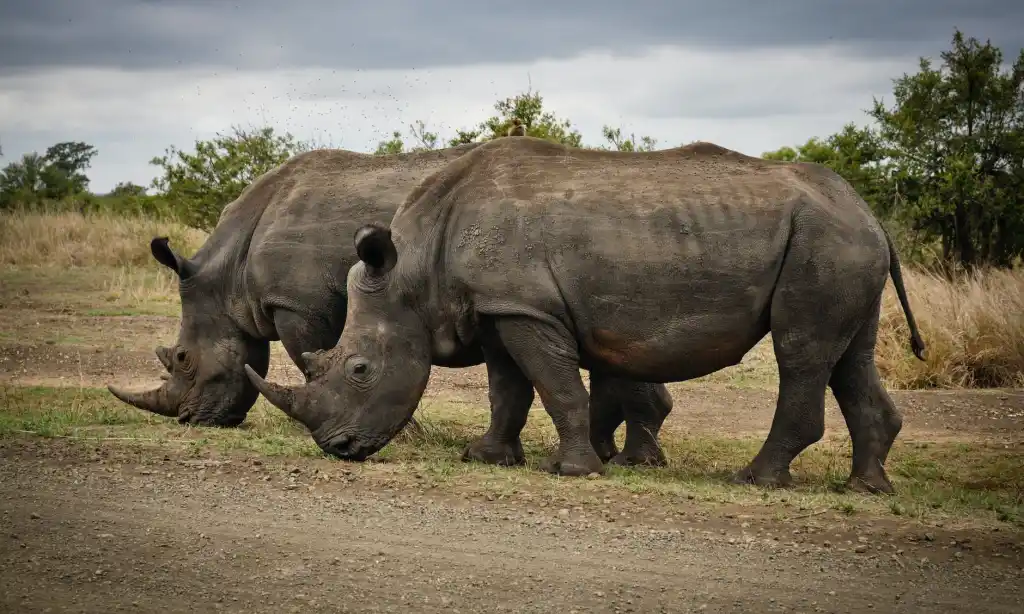India has formally appealed to a U.N. convention that oversees the global wildlife trade. The nation urged the body not to restrict its imports of endangered animal species.
This request comes as scrutiny grows over allegations of irregular animal shipments destined for a massive private zoo run by the family of one of Asia’s wealthiest individuals.
Scrutiny on the Sanctuary
The large sanctuary, spanning 3,500 acres in Gujarat state, is operated by the philanthropic division of a major conglomerate. The facility has faced allegations of improperly importing specific animals. These accusations have led to increased monitoring from authorities in Germany and the European Union.
Indian government investigators, tasked by the country’s Supreme Court to review the allegations from non-profit and wildlife groups, found no wrongdoing at the sanctuary in September. The sanctuary itself has consistently maintained that it adheres to all regulations.
However, following a visit to the facility in September, the Secretariat of the Convention on International Trade in Endangered Species of Wild Fauna and Flora (CITES) released a report last week. That report specifically requested India to review its procedures.
India Calls Measures “Premature”
The CITES report highlighted specific issues. It cited discrepancies between data provided by the exporter and the importer. It also flagged insufficient checks on the provenance (origin) of some animals.
In an official submission to CITES dated November 10, India argued against any potential sanctions. The government asserted that implementing any restrictive or punitive measure at this stage would lack legal justification.
It warned that such action risked destabilizing the entire CITES framework, calling the suggested measure “premature and disproportionate.”
The Indian government stated that the wildlife body’s request “would constitute a de facto suspension or moratorium on lawful” imports. The submission signals a new phase of contention over the sanctuary’s animal acquisitions.
Enhanced Scrutiny Now in Place
CITES acknowledged that the sanctuary operates facilities of “exceptionally high standards.” However, it recommended that India temporarily halt issuing new import permits for endangered species until national safeguards could be strengthened.
The body warned that without stricter checks, animals sourced from the wild could potentially be misrepresented as captive-bred.
India countered these concerns by asserting it “has strengthened inspection and reporting mechanisms for all recognized zoos and rescue facilities,” including the sanctuary in question. The government also confirmed it directed the Central Zoo Authority to ensure enhanced due diligence for all future animal acquisitions.
The sanctuary claims its facilities are home to approximately 2,000 species. This count includes imported exotic species such as snakes, tigers, cheetahs, giraffes, and chimpanzees, sourced from locations including South Africa, Venezuela, and the Democratic Republic of Congo.
The recorded value of these shipments was $9 million. The sanctuary explained this figure reflected only freight and insurance charges, not any payment for the wildlife itself.
The CITES report noted that “a number of animals come from established commercial breeding facilities, which would normally sell the animals they breed.” India’s defense maintains that its Supreme Court panel’s findings confirmed that all imports adhered strictly to regulations.
Senate Approves Mandatory National Examinations for All Students




















